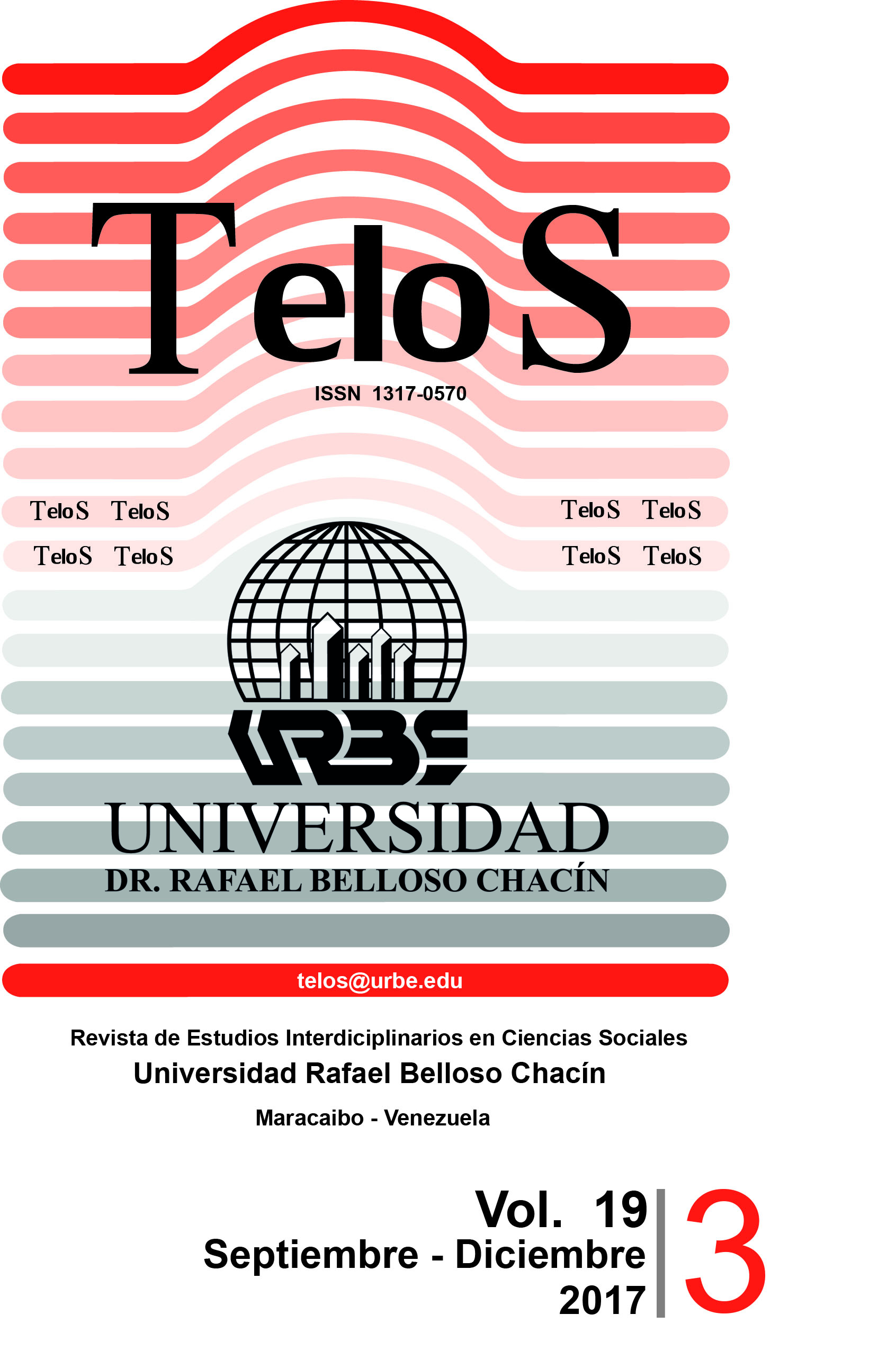The concept of power in political economy
Keywords:
power, political economy, consensus, capitalism, relationsAbstract
The concept of power has been extensively studied in the social sciences in recent decades, especially in the field of politics and sociology. Traditionally power had been understood as a way of imposing the will within a dichotomy of ordering- obeying as Weber (2014) put it. Nowadays, through the contributions of Foucault (1996), power has now been understood in a reticular perspective through a set of relations between multiple social actors. However, in the specific field of political economy, power has been little studied by economists, and more has been worked on in the simplistic perspective of control and appropriation of wealth and the means of production based on a Marxist perspective. In this way, this article aims to explain the concept of power within the framework of political economy, with an interdisciplinary vision, especially in the context of the current capitalist economies. The analytical-synthetic method is used to carry out the research through a bibliographic review. It is concluded that it is necessary to understand power in the field of economics, seen beyond a perspective of confrontation and exploitation between rich and poor, but as a set of agreements, negotiations, contracts and consensus among multiple socioeconomic and political sectors, through Of changing and diverse relation ships within a complex web of complexities and interests.Downloads
Download data is not yet available.
Downloads
Published
2024-03-07
Issue
Section
Artículos de investigación
How to Cite
The concept of power in political economy. (2024). Telos: Revista De Estudios Interdisciplinarios En Ciencias Sociales, 19(3), 391-407. https://ojs.urbe.edu/index.php/telos/article/view/2544




